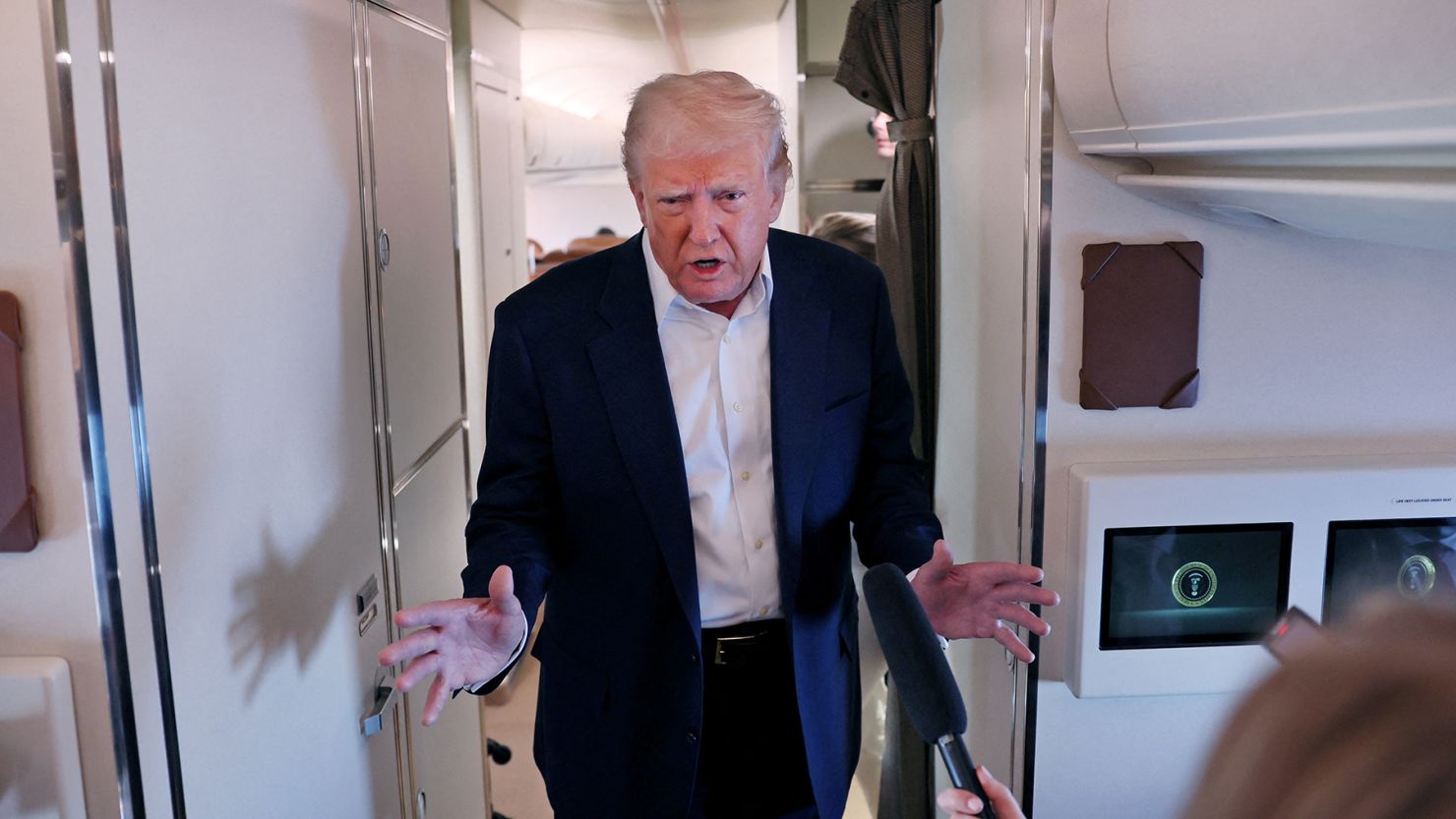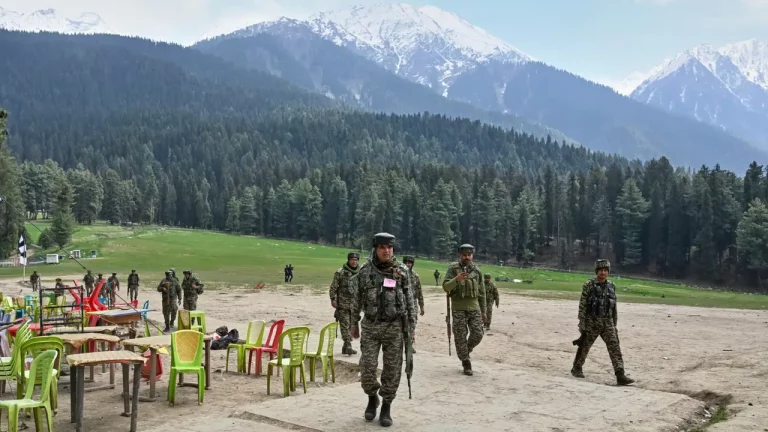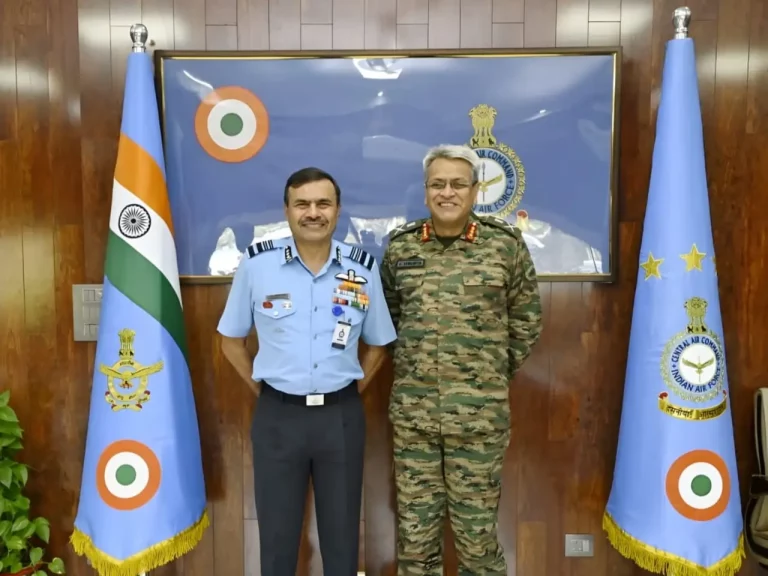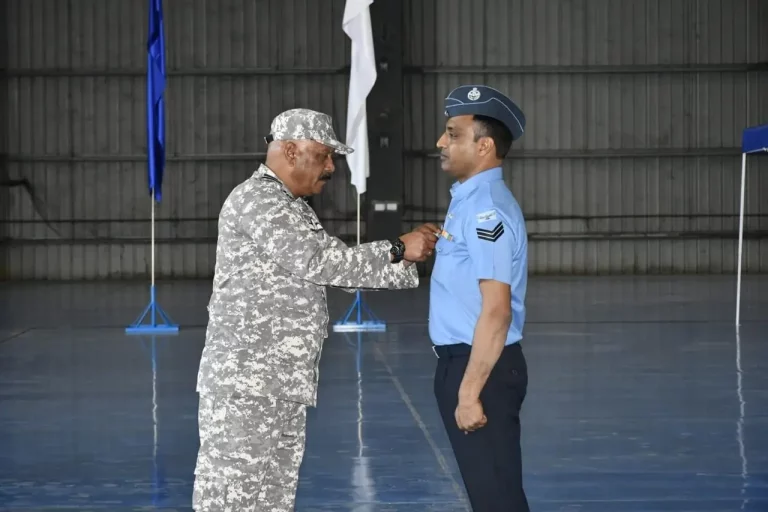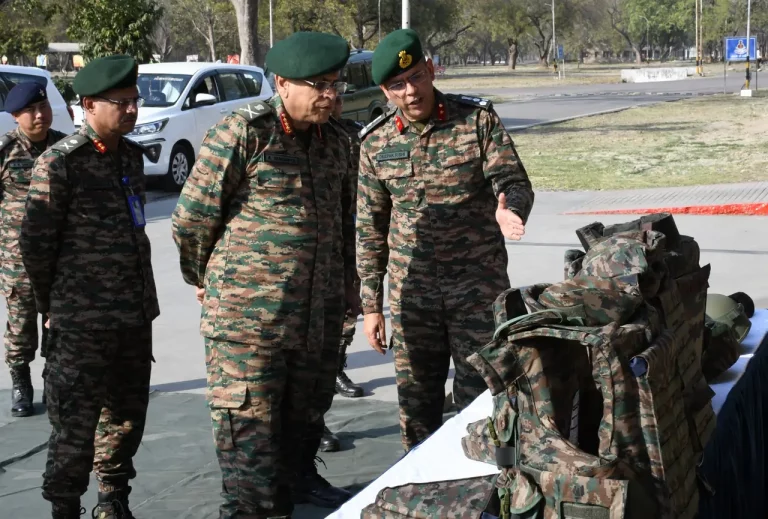A brief ceasefire agreement between India and Pakistan, reached on Saturday after a surge in hostilities lasting four days, swiftly unraveled within hours as Pakistan launched drone attacks targeting Indian cities, eliciting a robust response from New Delhi.
The ceasefire, confirmed by the Directors General of Military Operations (DGMO) from both nations, was intended to suspend all military activities across land, air, and sea starting at 5 PM IST on Saturday. This development followed a series of intense cross-border exchanges triggered by a deadly terror attack on April 22 in Pahalgam, Jammu & Kashmir, which claimed the lives of 26 individuals, primarily tourists.
The agreement was reportedly facilitated through direct communication between the two DGMOs, garnering international attention. Former US President Donald Trump took to his social media platform, Truth Social, to express his approval of what he characterized as US-mediated peace. He commended the “brave” leadership of both countries and suggested that “millions of good and innocent people could have died” had the violence persisted. Trump also announced intentions to bolster trade with both India and Pakistan and expressed a commitment to addressing the longstanding Kashmir dispute.
“I am proud that the USA was able to help you arrive at this historic and heroic decision,” Trump stated. He further asserted his willingness to collaborate with both nations in pursuit of a resolution to the Kashmir issue, which has been a contentious point for decades.
However, the initial optimism surrounding the ceasefire proved to be fleeting. Just hours after the agreement was announced, Indian officials reported that Pakistani drones had violated the truce by targeting civilian areas, prompting Indian forces to execute what they termed an “adequate and appropriate” retaliatory strike. Foreign Secretary Vikram Misri condemned the breach, urging Pakistan to demonstrate “seriousness and responsibility.”
“For the last few hours, there have been repeated violations of the understanding reached earlier,” Misri stated, cautioning that India’s restraint should not be misconstrued as weakness.
This resurgence of conflict follows India’s recent military operations, including “Operation Sindoor,” which targeted terrorist enclaves in Pakistan and Pakistan-occupied Kashmir. Reports indicated that several close aides and family members of Jaish-e-Mohammed chief Masood Azhar were among those killed during these operations.
As diplomatic and military tensions continue to escalate, the prospects for peace between the two nuclear-armed neighbors remain precarious, despite ongoing global appeals for calm and restraint.
